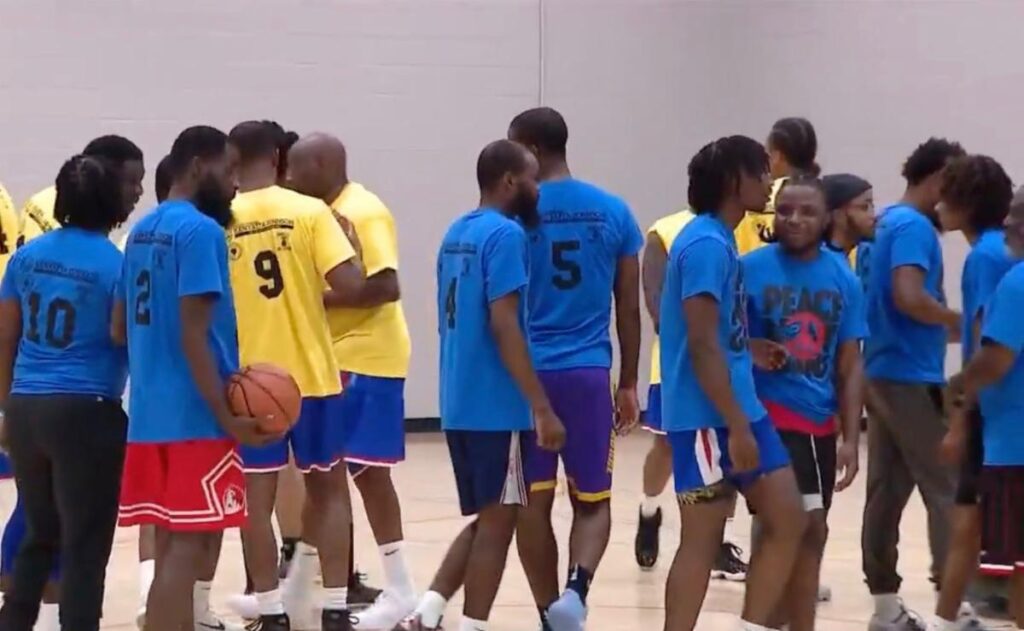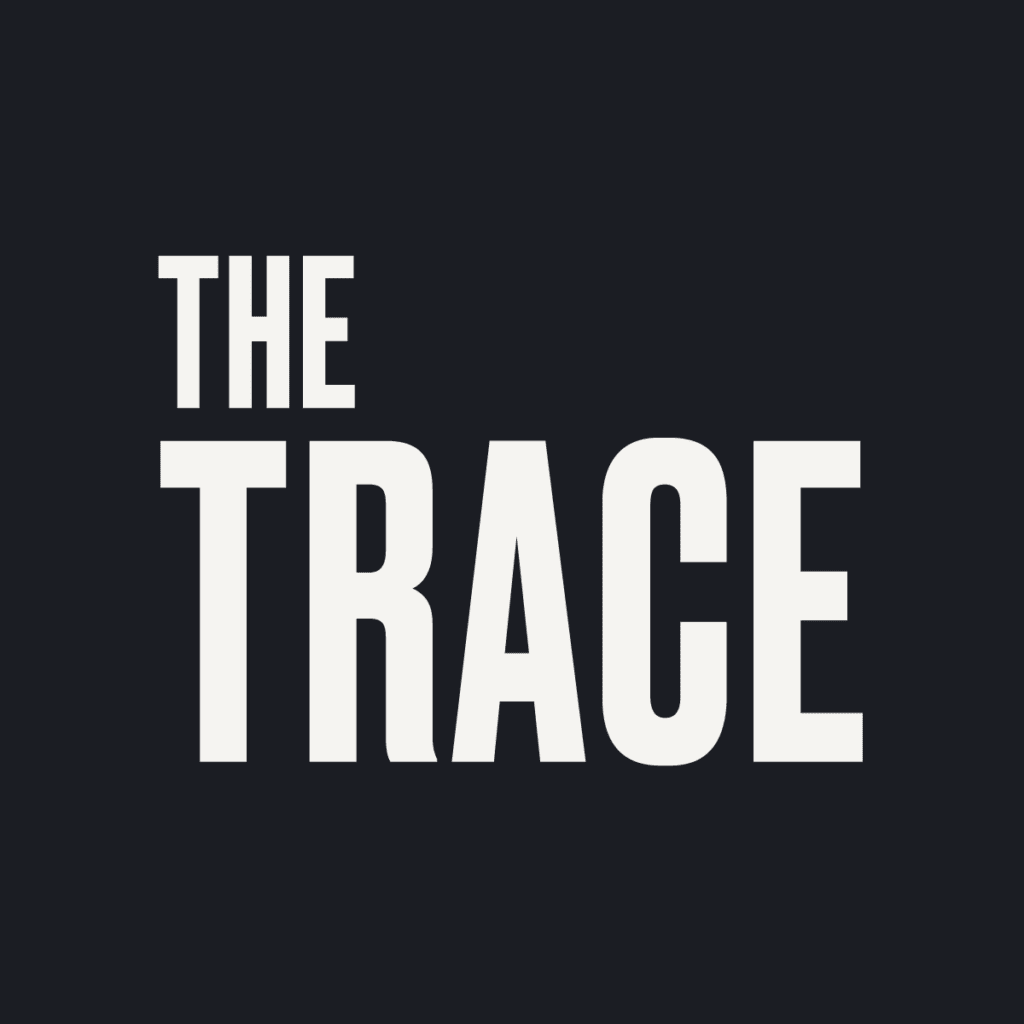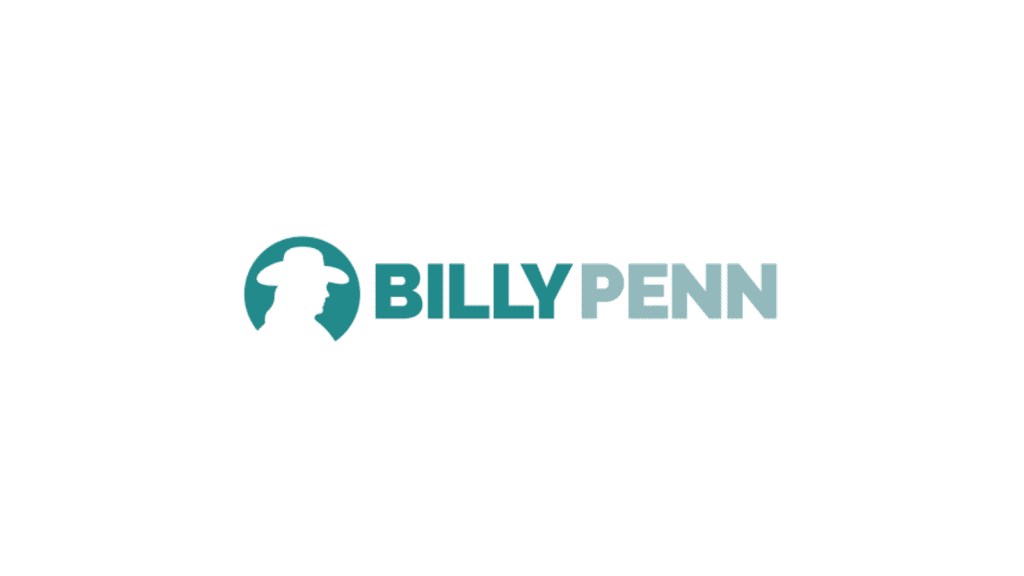Intervention Explained in One Powerful Visual

The Civic Coalition to Save Lives has released a new one-page infographic designed to help partners, elected officials, media, and leaders in business, community engagement and beyond quickly understand and share how intervention efforts are working to reduce gun violence in Philadelphia and why continued investment is critical.
Capturing the urgency, impact, and opportunity of intervention-based strategies to reduce gun violence in Philadelphia, the visual summary highlights both the progress the city has made and the fragile nature of that success.
“Shootings are down 43%, but gun violence is still the leading killer of young Black men,” said David Brown, executive director, the Civic Coalition to Save Lives. “This infographic is a tool that helps us show, clearly and simply, what intervention is and why it matters now more than ever.”
Download the infographic and use it to educate, advocate, and help keep Philadelphia’s momentum going. For more information on the Coalition’s work visit www.savephillylives.org.
See the Progress. | Share the Message. | Help Save Lives.
Building Safer Communities Through Workforce Development
As Philadelphia seeks to reduce violence and expand opportunity, the Civic Coalition to Save Lives spoke with H. Patrick Clancy, president and CEO of Philadelphia Works, about the critical role employment plays for returning citizens and high-risk individuals.
Q: How does workforce development help create safer communities?
Clancy: There’s a window of opportunity when someone comes home where we as a system need to help them connect with something positive, whether that’s a job, training, or other support.
“If we don’t connect people to something positive quickly, they risk falling back into the same patterns that got them in
trouble.”
Connecting people quickly helps build skills, confidence, and hope. Even if the first job isn’t ideal, it’s a step toward reintegration. We try to stay with them—because getting connected to the workforce, earning a paycheck, and feeling part of a community are essential to moving forward.
Q: What barriers do returning citizens face when trying to get hired?
Clancy: First, there’s the employment gap—people have to explain where they’ve been for the past few years. Second, their skills may be out of date. And third, they often don’t have the basics they need to go to work: stable housing, reliable transportation, or childcare. All of those things need to be addressed, and fast.
A great example is Hanwha, the new owner of the Philadelphia Shipyard. They’re investing heavily and will need 1,000–1,500 welders over the next few years. That’s a huge opportunity for returning citizens. It’s outdoor, skill-based work that doesn’t require public interaction, and it’s a great pathway.
Q: Are you seeing more employers open to second-chance hiring?
Clancy: SEPTA has been a leader in this space. We also received a grant from JPMorgan Chase to work with employers on second-chance hiring. We’re not just helping employers find talent—we’re helping them build supportive cultures that welcome people with records.
That includes having mentors in the workplace and training hiring managers on what returning citizens need to succeed. Still, some sectors remain closed off. For example, federal rules make it nearly impossible for people with records to work at the airport or in parts of the Port of Philadelphia. Even in healthcare, you sometimes can’t be a janitor in a hospital with a record. That’s why expungement work is so important.
Q: Why are wraparound services so essential?
Clancy: Because it’s not just about getting someone a job. They need help getting there—literally. If a shift starts at 6:30 a.m. at the shipyard and you don’t have a car or a reliable bus route, you’re already behind. People also need support with clothing, tools, equipment, and communication skills—how to handle conflict at work, for example.
Q: What are the risks of not investing in workforce programs for returning citizens?
Clancy: If we don’t give people positive pathways, they’ll often return to negative ones. Without access to food stamps or Medicaid—especially with new work requirements for able-bodied adults without dependents—people may resort to petty crime just to survive. Retail theft could rise. Emergency rooms, libraries, and other support systems will be stretched.
Philadelphia already ranks 50th out of 50 in terms of economic mobility. If we don’t address this, we’ll stay stuck. We risk creating another generation without role models, without opportunity, and without hope.
For more information or to connect with career services, call PA CareerLink® Philadelphia at 1-833-750-JOBS (5627).
Pathways that Work
Philadelphia Works and the Center for Employment Opportunities Help Returning Citizens Rebuild
One of Philadelphia Works’ most effective initiatives is its partnership with the Center for Employment Opportunities—a program designed to support individuals newly released from incarceration with immediate, structured employment.
Participants begin work right away, spending four days a week on transitional job crews performing real tasks like cleanup at the Bellwether District. The fifth day is devoted to career counseling and wraparound services. Within 70 days, the goal is to move individuals into permanent jobs. It’s structured, supportive, and it works.
“This program gives people a real shot,” said Pat Clancy, president and CEO of Philadelphia Works. “They earn a paycheck, get support, build confidence, and prove they’re ready to take the next step. It’s not just work—it’s hope, structure, and a second chance.”
With $1 million in federal funding from Congresswoman Mary Gay Scanlon, (PA-05) this partnership is helping to redefine reentry in Philadelphia—turning second chances into long-term success stories.
Mayor Parker Names New Behavioral Health Commissioner

Philadelphia Mayor Cherelle Parker has appointed Kehinde “Kenny” Solanke as commissioner of the Department of Behavioral Health and Intellectual disAbility Services (DBHIDS), which oversees city services for residents facing mental health and substance use challenges.
“I step into this role with humility, a sense of urgency, and deep commitment to the people of this city,” said Solanke. “Behavioral health is deeply connected to safety, housing, and opportunity—and our goal is to help people heal, thrive, and belong.”
Solanke brings 26 years of experience at Community Behavioral Health, most recently as senior director of operations. She begins her new role on September 2.
“Behavioral health services are essential to reducing gun violence, providing the support that helps individuals change their path,” said David Brown, executive director of the Civic Coalition to Save Lives. “With Kenny Solanke’s proven leadership and deep expertise, Philadelphia’s intervention ecosystem will grow even stronger. We warmly welcome her to this vital role.”
Community Drivers
‘Peace Not Guns’ Basketball Game Unites First Responders and City Residents to Honor Lives Lost

Philadelphia’s Peace Not Guns Memorial Basketball Game on July 16 brought together police, firefighters, and community activists. Led and founded by City Council President Kenyatta Johnson and Police Commissioner Kevin Bethel, the annual event honors recent victims of gun violence and champions nonviolent alternatives. Teams of first responders faced off against the Real Brothers Basketball League in a spirited event featuring a three-point and slam-dunk contest.
ICYMI
News Roundup: Spotlight on Intervention
Each month, we feature news stories from Philadelphia and beyond that highlight the power of intervention—showcasing programs, research, and community efforts working to prevent violence, support those at highest risk, and build safer neighborhoods through proven, people-centered strategies

A Year After Its Launch, Philadelphia’s Crime Scene Cleanup Program Looks to Expand By Afea Tucker, The Trace | July 25, 2025
A year after launching a city‑led program to relieve residents from scrubbing blood and debris at post‑shooting scenes, Philadelphia has cleaned 141 locations and is preparing to expand service citywide by December 2025. The initiative has provided trauma-informed support by removing visible reminders of violence from porches, sidewalks, and public spaces, helping neighborhoods begin the healing process with dignity. Read More

Billy Penn Weekly brief on gun violence prevention – a weekly report in partnership with the Philadelphia Center for Gun Violence Reporting By Billy Penn Staff | July 23, 2025
By the numbers in Philadelphia:
- 13: Shooting victims recorded from July 13 to 18, including 5 fatalities, according to city data.
- During the previous week, 38 shooting victims were recorded, including 5 fatalities. [Source: nickhand.dev]
- 126: Year-to-date homicides, down 14% vs. last year’s pace; down 46% vs. five years ago. [Philly Police]

Data, Progress, and the Fight for CVI Funding By Chip Brownlee, The Trace | June 22, 2025
The Trajectory newsletter by Chip Brownlee offers timely, in-depth reporting on local and national efforts to address gun violence. In the latest issue:
- A federal judge declined to reverse the DOJ’s cancellation of millions in CVI grants, but a legal appeal is underway. Meanwhile, the Senate has proposed increased CVI funding in a rare bipartisan move.
- Maryland is showing real progress: Baltimore’s homicide rate has dropped nearly 24% this year. A new Firearm Violence Data Dashboard is helping community partners act quickly and strategically with ZIP-code-level data.
- As federal support remains uncertain, Maryland’s independent, real-time data model may point the way for other states.
- Plus: Updates from Chicago, Denver, and Oakland on expanding intervention efforts, teen “safe zones,” and trauma-informed youth mentoring.
Stay informed on what’s working in cities across the country.
Subscribe to The Trajectory newsletter for smart, solutions-focused reporting.

Kensington’s Peace Park opens with new Mural Arts sculpture made from disassembled firearms By Cory Sharber, WHYY | July 21, 2025
Kensington’s Peace Park opened Sunday as a place to bring the neighborhood together and take a stand against the city’s gun violence epidemic through art and connection.
The park’s centerpiece is its Gun Violence Memorial Sculpture featuring disassembled weapons collected during gun buyback events in 2024. RAWtools Philadelphia co-founder Shane Claiborne and artist Jacob Christopher Hammes collaborated with Mural Arts to bring the piece to life. Read More

Mural Arts Philadelphia installs a new piece to remember victims of gun violence By Nick Iadonisi, 6abc | July 20, 2025
Mural Arts Philadelphia hosted “A Better World Is Possible,” a block party and anti-violence gathering featuring an art piece made with deconstructed gun parts. The installation offers space for reflection and hope for those impacted by gun violence and is part of the organization’s Porch Light program, which uses art to support community healing. Read More
‘5 Shorts Project’ shares the screen with teens who have experienced gun violence By Nick Iadonisi, 6abc | July 16, 2025
The “5 Shorts Project,” led by filmmaker Shameka Sawyer, empowers Philadelphia teens who have experienced gun violence to share their stories through short films. The program provides filmmaking training and mentorship and culminates in public screenings that amplify young voices with lived experience. Read More

Partners work together to stop gun violence in Philadelphia | Board of Health By Victoria Anyanwu | June 27, 2025
In the final part of its series for National Gun Violence Awareness Month, the Philadelphia Department of Public Health highlights how collective action and partnerships drive local violence intervention and prevention efforts.
From hospital-based intervention programs and youth-led safety initiatives to a strong Community Violence Intervention (CVI) Coalition, the city is investing in evidence-based, community-driven strategies – many aligned with the intervention-focused support of the Civic Coalition to Save Lives.
Together, these efforts aim to create safer environments, disrupt cycles of violence, and elevate youth leadership.
Read the full four-part series: Stopping gun violence in Philadelphia